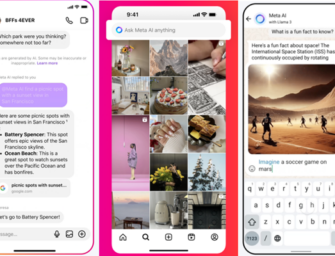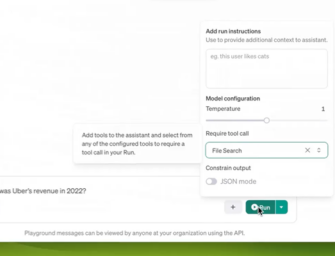Samsung’s Viv Acquisition Confirms the New Tech Battleground
Yesterday, Samsung announced is was acquiring Viv. You may not have heard of Viv. It is building a closely watched AI-driven voice assistant and was started by the founders of Siri – Dag Kittlaus, Adam Cheyer and Chris Brigham. A TechCrunch article suggested, “Viv has been billed as a more extensible, powerful version of Siri.” If you are Samsung looking at Google and Apple as competing for your mobile hardware business and potentially blocking you out so they can establish their voice assistants as market leaders, Siri 2.0 probably looks pretty attractive.
A Fast Moving Market
This market is moving fast. Media reports earlier this year suggested Amazon has shipped four million Echo units and is expecting another 10 million next year. The company then publicly revealed there were 3,000 skills built by third-party developers for its Alexa voice-assistant. It also started shipping internationally and reduced the entry-level home device price point to under $50. Apple had news leaked that it is in prototype trials for its own home based assistant and that it is recruiting third party developers for Siri.
Meanwhile, Google recognized that its assistant needed an easier developer on-ramp and acquired API.ai. Google then announced its Pixel phone, Allo app and Google Home device and its walled garden strategy became even more clear: tight hardware and software integration with an AI-driven assistant spanning multiple devices. Samsung, the following day, then announced its acquisition of Viv to enter into the fray. This all happened within four weeks. What’s next? Well, IBM’s Watson and Microsoft’s Cortana teams have been comparatively quiet.
Samsung Plus Viv Create Momentum Behind Market Fragmentation
My colleague Pat Higbie from XAPPmedia.com also brought up another good point. We are heading for a fragmented market with Google Assistant out there for Android and Google devices, Siri for the Apple garden, Cortana for Microsoft, Alexa for the Echo and everyone else, and now Samsung with Viv. And this is a U.S.-centric view. Mary Meeker would point out that we should also pay attention to what Baidu is doing. It looks like a race to build walled gardens around voice-activated digital assistants. Viv’s co-founder and CEO Dag Kittlaus commented in his TechCrunch Disrupt presentation earlier this year:
“Roughly every ten years a new paradigm comes along that changes the way we interact with computers. Well, we don’t think it’s a secret what that paradigm is going to be and we’re not alone. Pretty much, every major technology company is now investing billions of dollars in the intelligent assistant space. This is a race; a race to the single interface for the user … You really just want one assistant.” Dag Kittlaus, CEO Viv TechCrunch Disrupt 2016
Everyone wants to be the one ring to rule them all. Viv and Amazon were focused on building open ecosystems but Google and Apple have a lot of clout because of their mobile dominance. Amazon has enormous resources and a lead in market share today. Viv likely saw the need to have a committed hardware partner with a large customer base and Samsung has its own market power to leverage. You can imagine that the Google announcement earlier this week of its Pixel phone will accelerate Samsung’s efforts to become less reliant on Android. Samsung wants the option to control its own destiny.
Closed Systems Are the Current Battleground
An open platform may well be the eventual winner, but the current trend is not in that direction. We have seen this battle play out before. For desktop computers, the open Wintel architecture was the winner. For mobile, the verdict went toward two dominant closed architectures. What seems certain is that in the near term the battles will be around the closed systems of tightly integrated hardware and software as each competitor tries to become the one assistant for consumers with the one dominant AI behind it. For an open architecture alternative to succeed, at least one of the key players will need to see their odds look poor for winner-take-all or winner-take-most outcomes and open up their system. That will take years to play out. Until then, expect market reality to follow Pat Higbie’s prediction of fragmentation.









